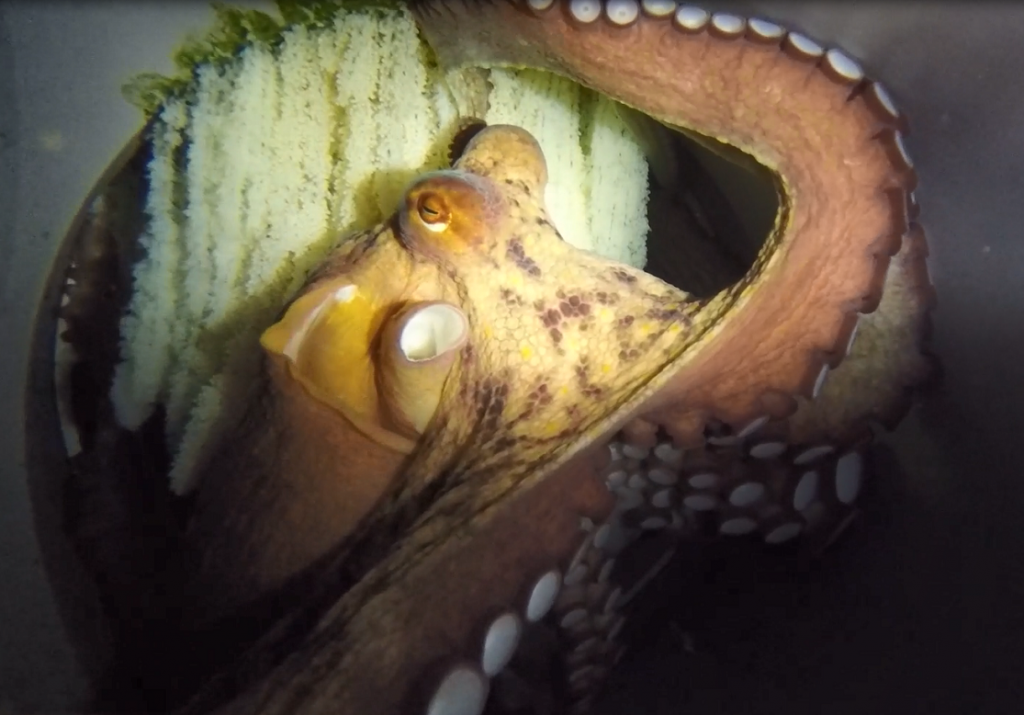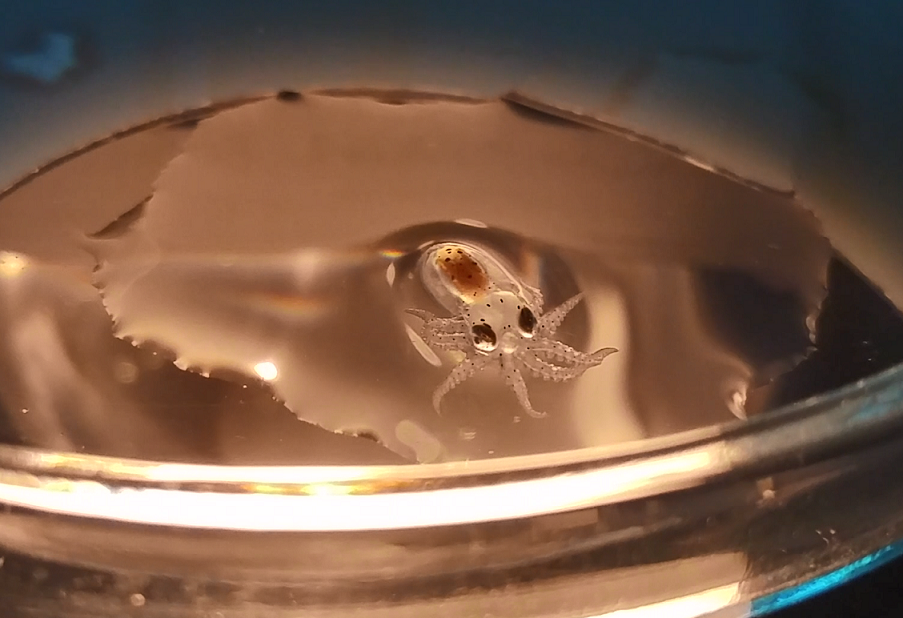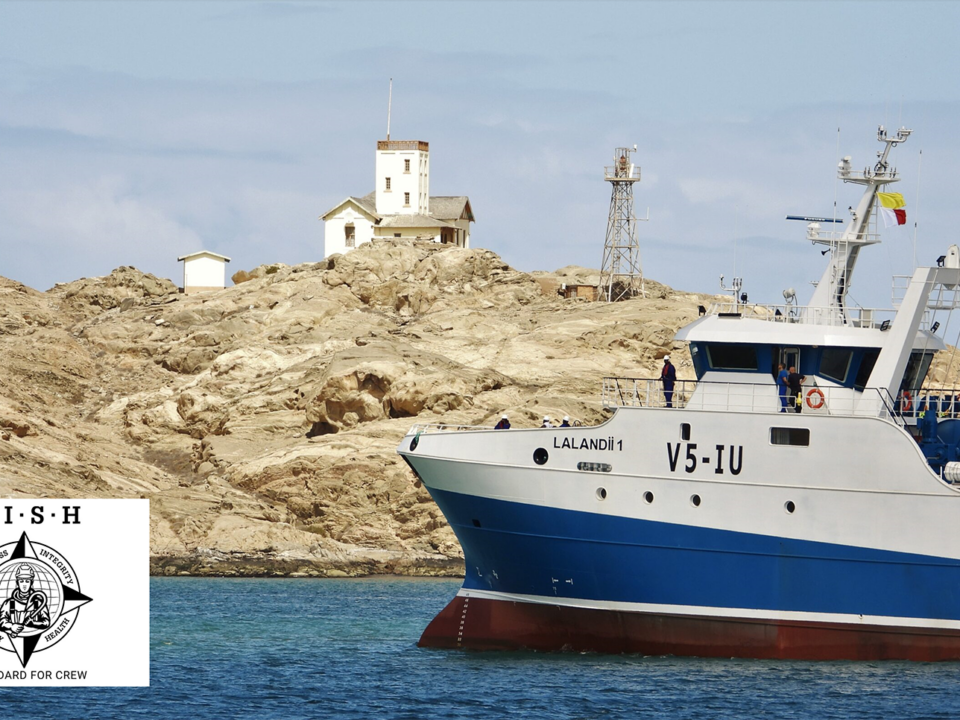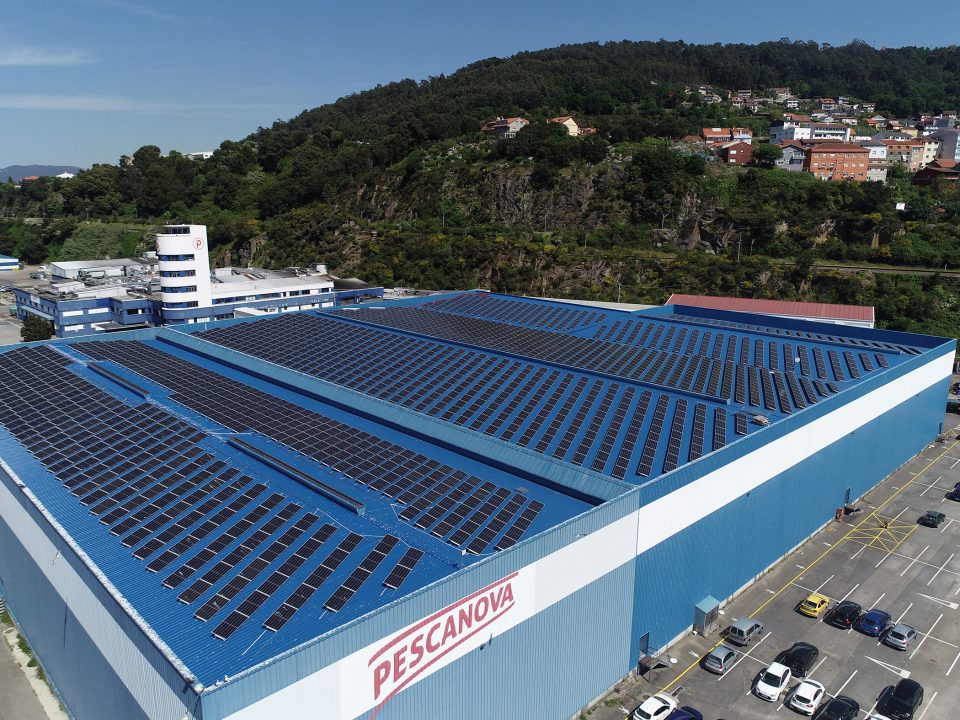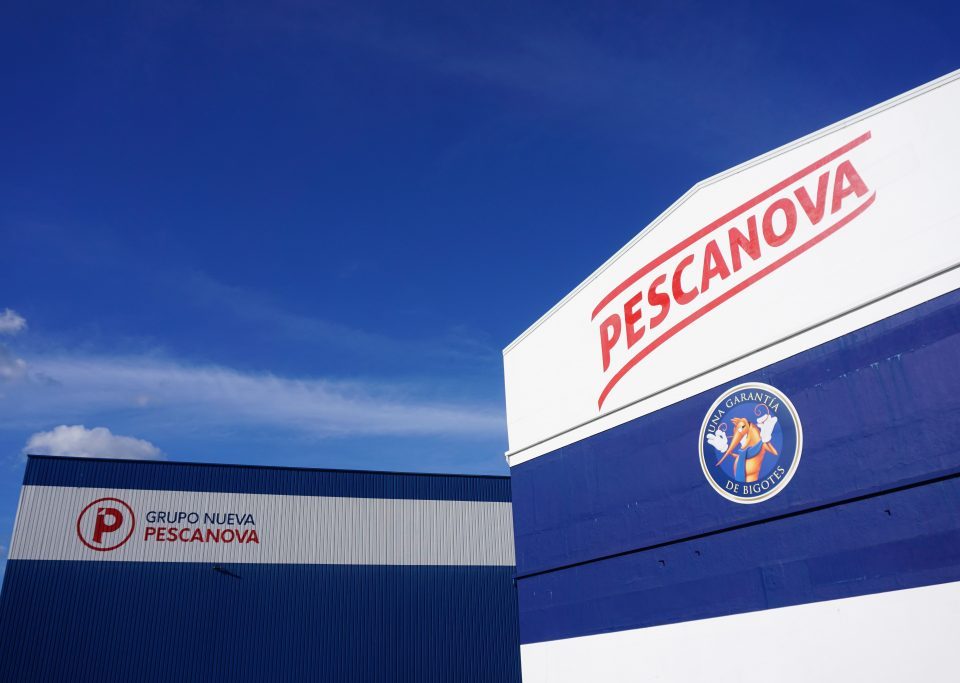
The Nueva Pescanova Group launches its freezer vessel “Ponta Matirre”
8 July, 2019
Armon Shipyard delivers to the Nueva Pescanova Group the vessel Lalandii 1, the first of its new fleet for Namibia
24 July, 2019Vigo, 18th July 2019.- The Nueva Pescanova Group, headquartered in Galicia, has been able to close the reproduction cycle of octopus in aquaculture, after decades of research at different centers and companies around the world. The company has allowed for the octopuses born in aquaculture to not only reach their adult age but also to start reproducing in an environment outside of their natural habitat.
Specifically, the Pescanova research team is working with 50 octopuses born in aquaculture in 2018, from the common octopus variety (Octopus vulgaris). This species is the most consumed in Spain and is produced overall in the Atlantic Ocean, the Mediterranean Sea and the area of Mauritania. The research was launched by the Spanish Oceanographic Institute (Instituto Español de Oceanografía, IEO), which achieved the survival of juvenile specimens born in aquaculture and, once having reached an exclusive agreement about the patent, Pescanova moved forward with the research at their facilities. The octopuses, of which half are female, have reached adulthood and one of them has already laid some eggs, which she will be taking care of for approximately one month, when they hatch and the octopuses will be born.
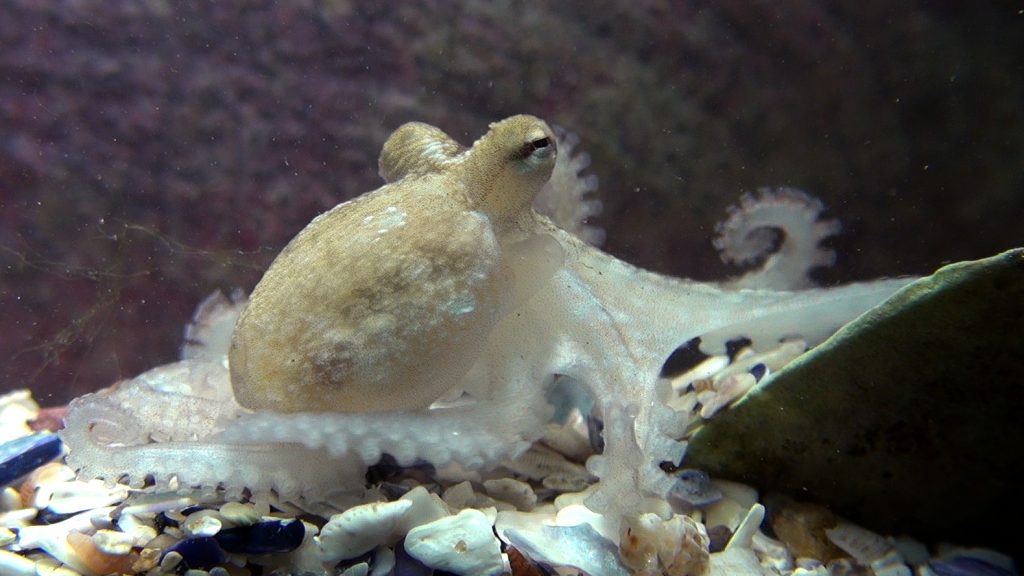
According to Ricardo Tur, Principal Investigator on Cephalopods at Pescanova, “the octopus requires very specific marine conditions for development, such as the availability of food and optimal oceanographic factor connected to temperature, salinity, ocean currents, and the animal’s well-being”. In fact, the survival rate of a wild octopus is 0.0001% while, with the results that Pescanova is obtaining until now, this figure is estimated to be raised to 50% in aquaculture.
The objective of the company is to continue exploring options in the face of the future marketing of octopus, as a response to the high international demand in the last few years, which has caused a growing scarcity of wild octopus and, therefore, a sustainability problem in the marine environment. As stated by the CEO of the company, Ignacio González, “we will continue to research how to continue improving the well-being of the octopuses, studying and replicating their natural habitat, with the expectation to be able to sell aquaculture octopus starting in the year 2023”.
International benchmark in aquaculture
The cultivation of octopuses will be one of the main lines of study of the Pescanova Biomarine Center, one of the international R&D&I centers which will open its doors in O Grove (Pontevedra, Spain) in 2020, and whose team has already starting their researching work at the facilities of Nueva Pescanova in Chapela (Vigo). As explained by the general director of the Pescanova Biomarine Center, David Chavarrías, “according to the FAO, currently 50% of the fish consumed around the world comes from aquaculture, and it is expected that this figure will reach 66% in 2030”.
The company is firmly committed to aquaculture as a method to reduce pressure on fishing grounds and ensure sustainable, safe, healthy, and controlled resources, complementing fishing. In fact, it has spent decades working on the efficient development of sustainable extractive fishing and the farming of different species, minimizing the impact on the marine environment, being one of the main producers of turbot and king prawn around the world.
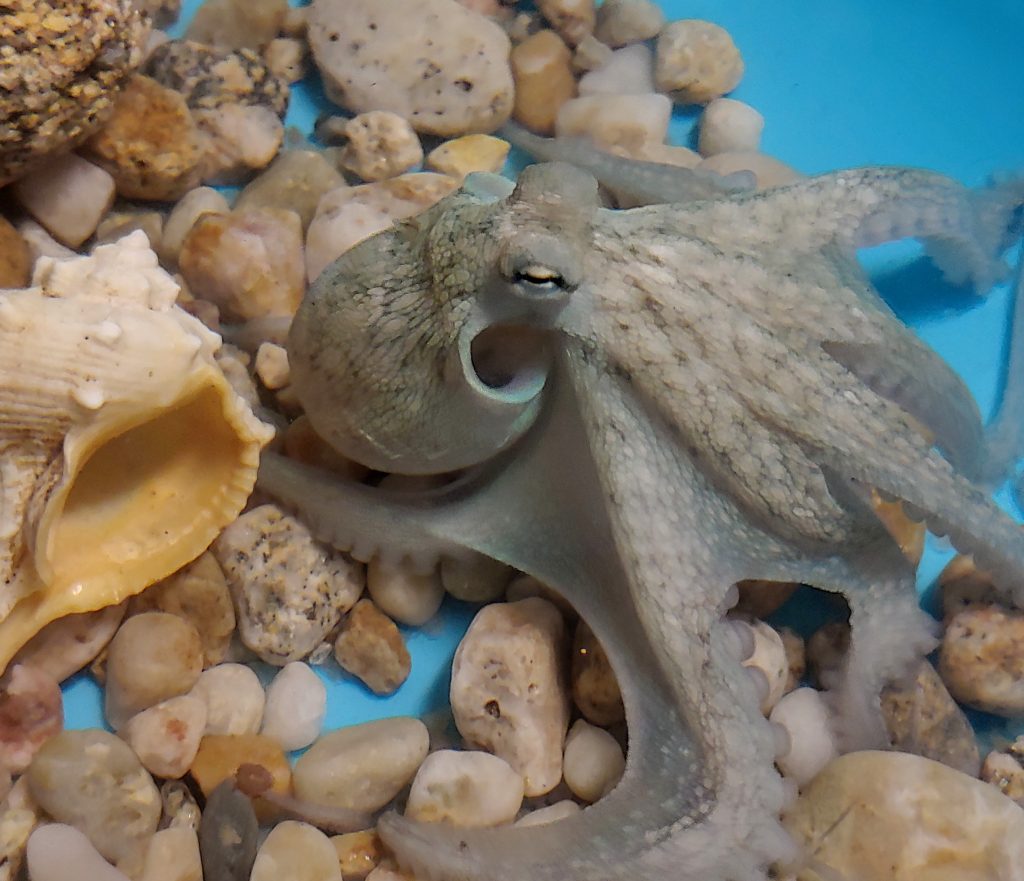
CURIOSITIES
- The life cycle of octopuses is about 2-3 years
- The female that has already laid eggs is called “Lourditas” due to the fact that the researchers of the project joked with the phrase “miracles, to Lourdes”, referencing Lourdes, a Catholic place of pilgrimage in France with legends of miraculous healings, thinking that they would not manage to close the cycle after they had been trying for decades with organisms from different parts of the world
- The “father” of the eggs that will hatch in some weeks is called “Goliath”
- The main countries that consume octopus are Spain, Italy, Greece, and Japan, although its demand is growing in the USA and other countries, where this species is ever more popular.
